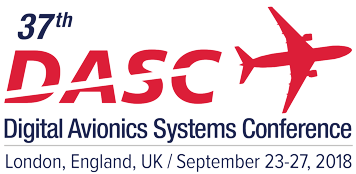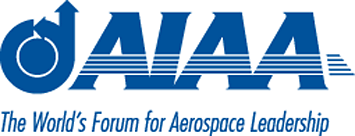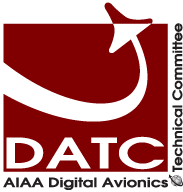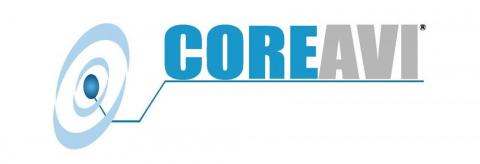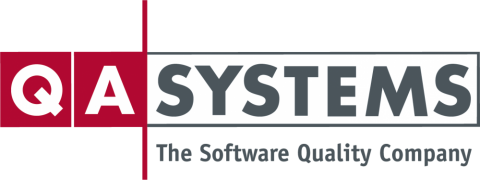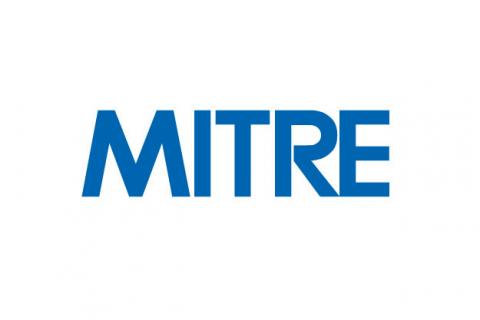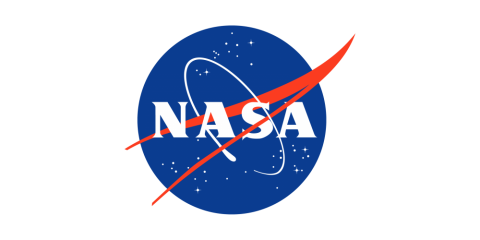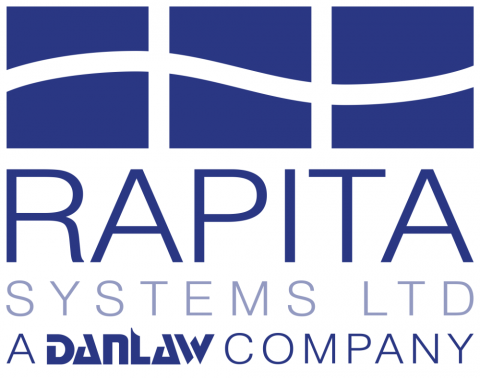Description
RTCA DO-254/ED-80 (Design Assurance Guidance for Airborne Electronic Hardware) has been with us for eighteen years but its application is still not universal. While its use to assure FPGA and ASIC development are well accepted, its broader application at the circuit-card assembly and LRU level is now challenging traditional hardware development methods. With no update cycle in sight, both the FAA and EASA have put out rather divergent guidance on how best to demonstrate compliance for airborne electronic hardware that continues to increase in complexity.
This fast-paced tutorial will cover all of the basics of DO-254 content with an emphasis on successful compliance demonstration. The various required data items will be discussed along how best to approach Appendix B for higher criticality hardware. Specific technical challenges such as single event effects, the treatment of COTS (both components and intellectual property), and the relationship to other design aspects (systems, software, environmental) will all be covered. The course will also review the key topics arising from the varying guidance from the FAA (FAA Order 8110.105A) and EASA (CM SWCEH-001), as well as the harmonization efforts currently underway. This tutorial will conclude with a discussion of the biggest challenges and pitfalls in DO-254 and how to successfully address them.
Speaker Bio
Tom Ferrell is a Systems and Equipment Designated Engineering Representative (DER) for the US Federal Aviation Administration (FAA). Tom’s primary focus is software and Airborne Electronic Hardware (AEH) compliance oversight, but he works across aircraft types and on a wide variety of aircraft systems. Recent assignments include eVTOL control systems, AEH tool developer qualifications (exploring cross-domain application of both DO-254 and ISO 26262), and a number of satellite navigation-related projects. Tom is a co-founder of Ferrell and Associates Consulting, Inc. a certification and aviation safety consultancy. Previously, Tom has held senior technical positions at Science Application International Corporation (SAIC), Iridium LLC, and the Boeing Commercial Airplane Group. Tom holds a bachelor’s degree in Electrical Engineering from Northern Illinois University, a Master’s degree in Information Technology Management from Rensselaer PolyTechnic Institute, and a Master’s degree in History from George Mason University. Tom was one of the technical editors for the third edition of the Digital Avionics Handbook, published in 2014 by CRC Press.
